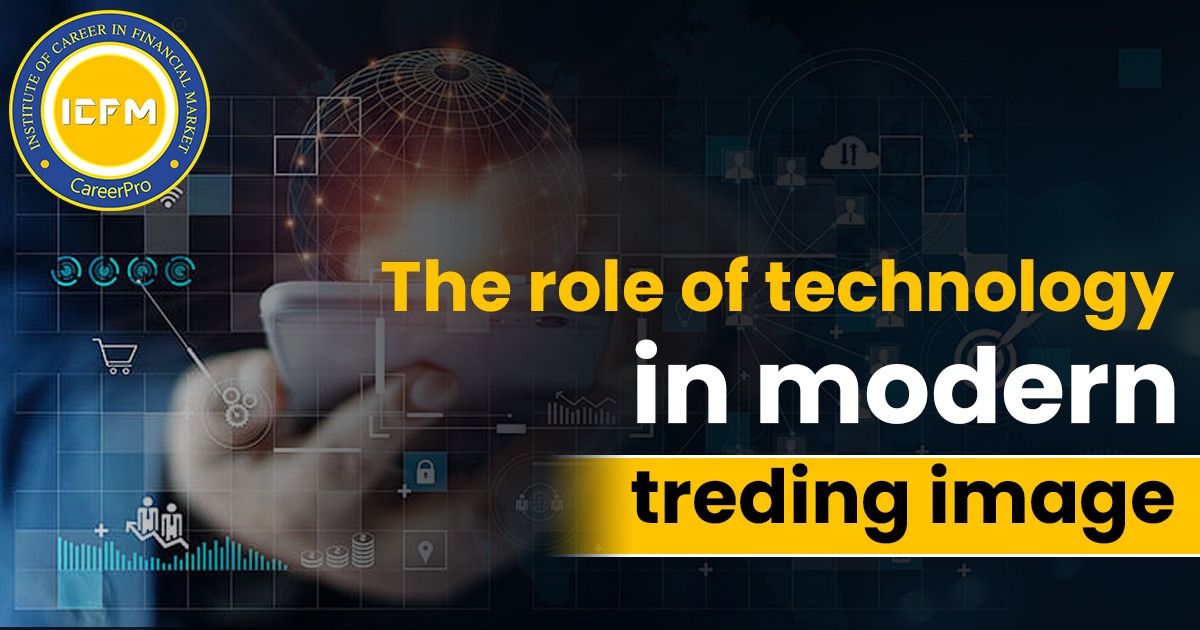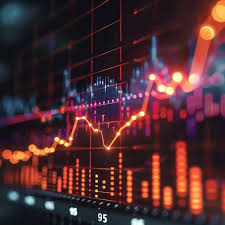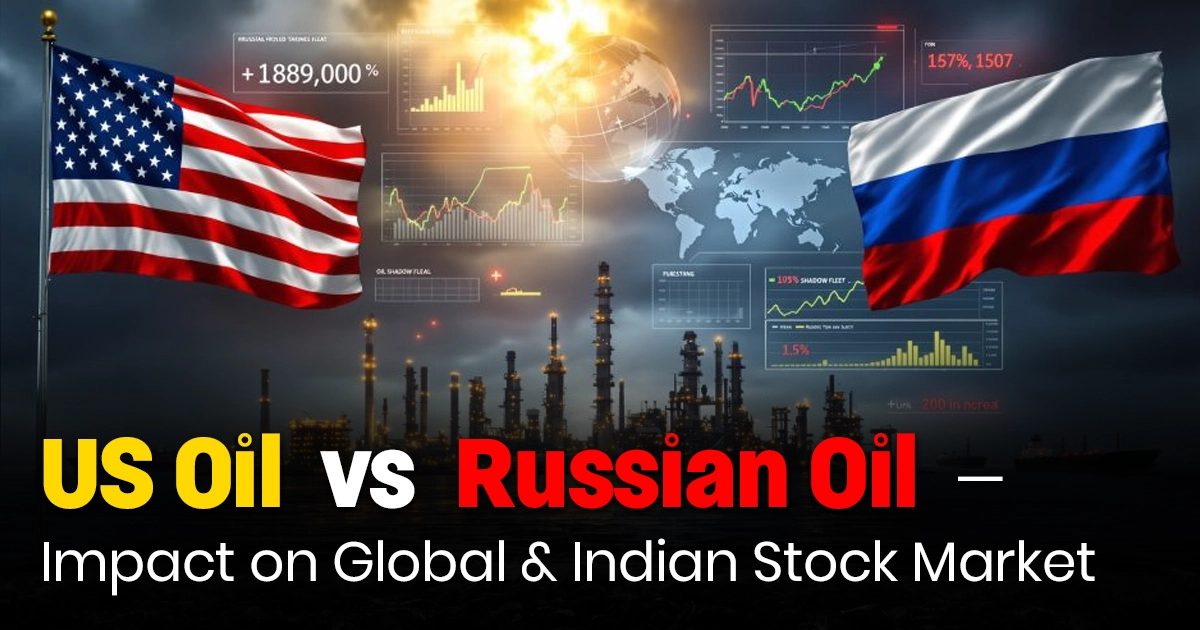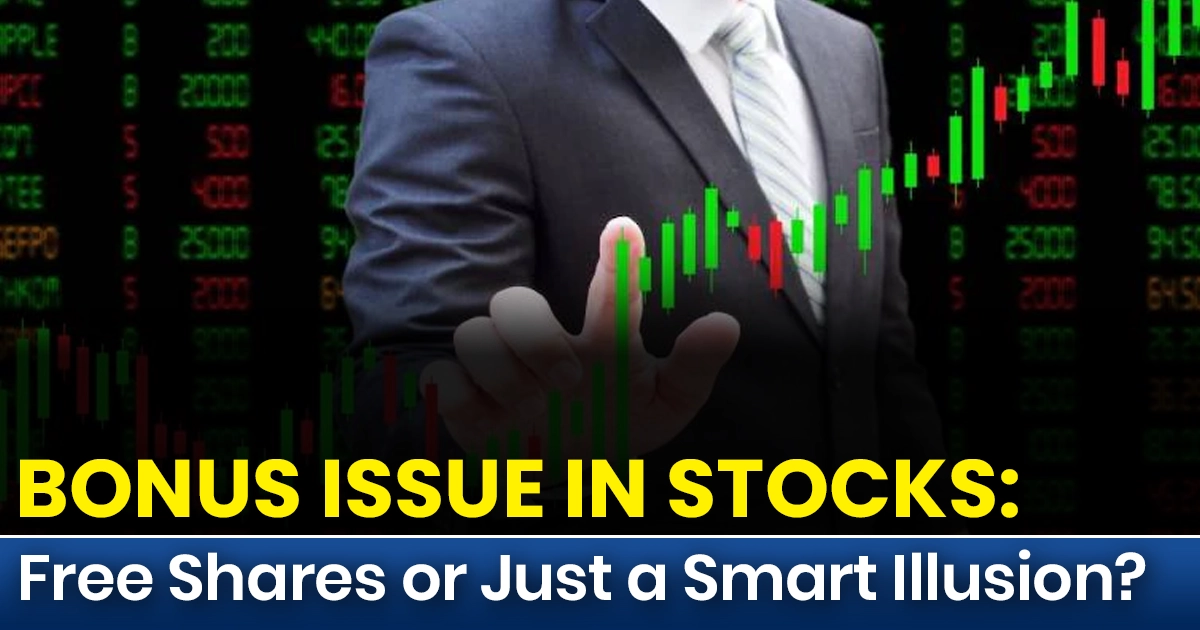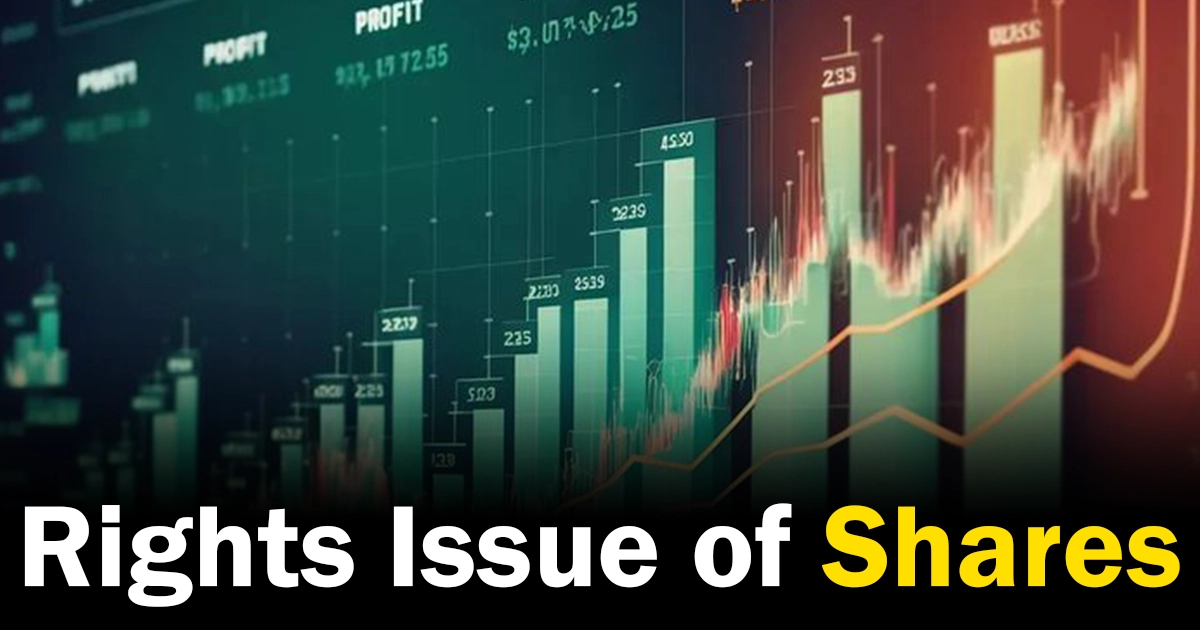The Role of Technology in Modern Trading
Technology modernizes the landscape of trading in such a way that it becomes faster, more efficient, and closer to the individual. From algorithmic trading to blockchain, the involvement of sophisticated technical instruments reshapes the markets at work and, in turn, reshapes the journals in which traders interact with them. This blog looks into some of the important roles technology has played so far in modern trading and how it has revolutionized the financial industry.
1. Artificial Intelligence (AI) and Machine Learning
Artificial intelligence and machine learning are changing today's concept of trading. They enable predictive analytics and decision-making. The vast data analysis by AI algorithms helps discover the patterns, trends, and correlations which a human trader would not pinpoint. These insights facilitate predicting market movements and optimization of trading strategies. Machine learning models learn and improve over time with new data, hence the accuracy increases over time. AI-driven trading systems can automate even the most complex processes, execute trades at the most optimal times, and manage portfolios with minimal human intervention. The technology makes the process efficient, and hence the accuracy of trading improves, which gives an edge to its users over others.
2. Blockchain and Cryptocurrencies
Blockchain technology had its centre of development in cryptocurrencies such as Bitcoin itself, and later in Ethereum. It has put forth a whole new way of doing trading activities and making financial transactions. Using smart contracts on the blockchain, a decentralized and transparent ledger of transactions has significantly reduced requirements and improved security. Cryptocurrencies opened up new asset classes and trading possibilities. They offer an alternative means to traditional investments and have been in the public eye of many individual and institutional investors. Blockchain also has the potential to enhance trading infrastructure by providing streamlined ways for settlement processes, fraud protection, and increased transparency.
3. Cloud computing
At the same time, cloud computing has entered modern trading due to its scalability in trading operations, flexibility, and cost savings. It makes possible the storage and processing of huge volumes of data by traders and financial institutions and enables the execution of complex algorithms and access to trading platforms from any gadget. Cloud computing enables the real-time sharing and access of data, thus allowing traders to carry out their work from anywhere and scale their activity accordingly. It also reduces the price of infrastructure for expensive on-premises facilities and, consequently, extends access to advanced trading technologies to an even wider range of market participants.
4. Mobile Trading
The proliferation of mobile technology has taken trading to the fingertips of millions of investors. Mobile trading applications enable users to track markets, make trades, and manage their portfolios through a smartphone or tablet. They enable a trader to have access to real-time market data, news updates, and trading tools on the go, making the concept of connected and being able to decide from anywhere a reality. Mobile trading has opened the market to much bigger participation, especially from younger and more tech-savvy investors. This offers flexibility in terms of place and time for trading and has contributed to the growth of retail trading.
5. Cybersecurity
The cybersecurity issue is critical in an ever more technically integrated trading environment. Sensitive financial data and trading systems need to be protected from potential cyber threats, which—if not for these measures—would compromise market integrity and the confidence of investors. These platforms are integrated with advanced security systems comprising encryption, multi-factor authentication, and intrusion detection systems that can go a long way in making sure trading platforms are safeguarded against unauthorized access. Second, financial institutions and traders need to be ever-vigilant against evolving cyber threats and constantly update their security protocols to reduce these risks. Robust cybersecurity measures will help to protect against data breaches and their financial losses and thereby uphold the confidence of market participants.
6. Regulatory Technology- RegTech
RegTech is a technology-assisted regulation for financial compliance. RegTech enables firms to manage regulatory requirements and to conduct transactional monitoring to assure adherence to legal standards. RegTech solutions are also designed to improve transparency, reducing the cost of compliance and making regulatory processes work more effectively. RegTech enables financial institutions to automate a lot of their compliance tasks and oversee their business environment in real-time to be ahead of the next wave of regulations that usually come and avoid penalties. It also enhances a more secure and transparent trading environment beneficial for the regulators, and market participants.
Conclusion
The modern trading field has been underlaid with deep-impact technology concerning speed, efficiency, and accessibility. Whether it be high-frequency trading and algorithmic strategies, the rise of AI, blockchain, or mobile trading, technology has forcefully redefined the financial marketplace. Each of these conveys certain risks and challenges that the innovations present, thus calling for vigilance and continual adaptation. Technology's role in trading will continue to increase with the rising sway it holds, offering new opportunities and modifications in market dynamics. In such a backdrop, traders, investors, and financial institutions must keep pace with the advancements in technology and effectively leverage them to be able to stride through the vagaries of the modern trading environment. In a nutshell, embracing and adapting to advancements in technology will enable market participants to gain a competitive edge and strive for a better survival rate in a world of trading characterized by constant change.


